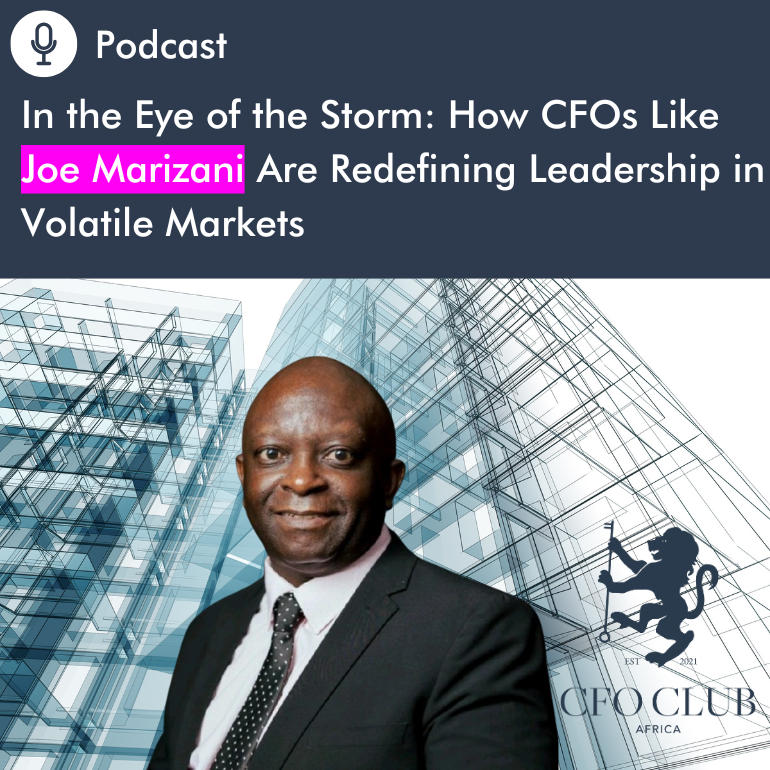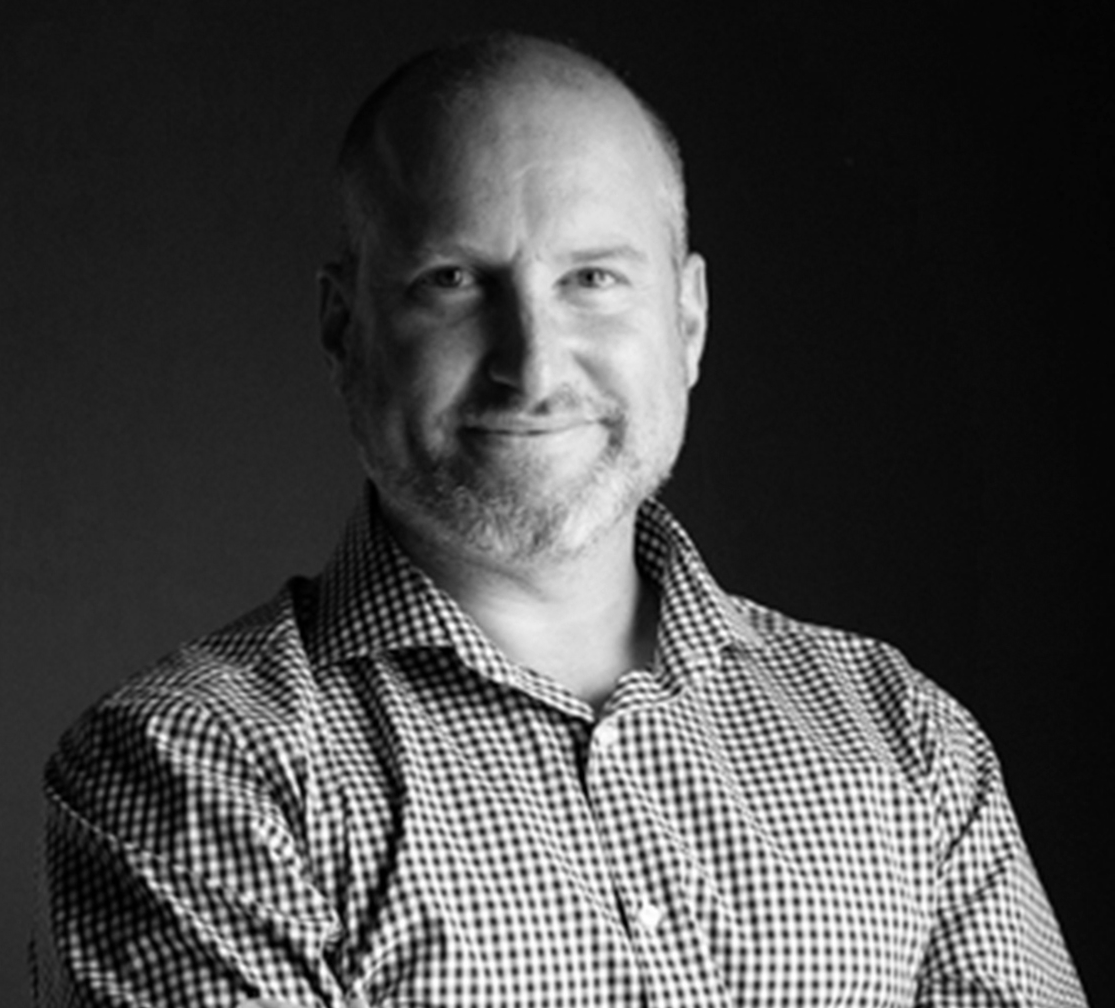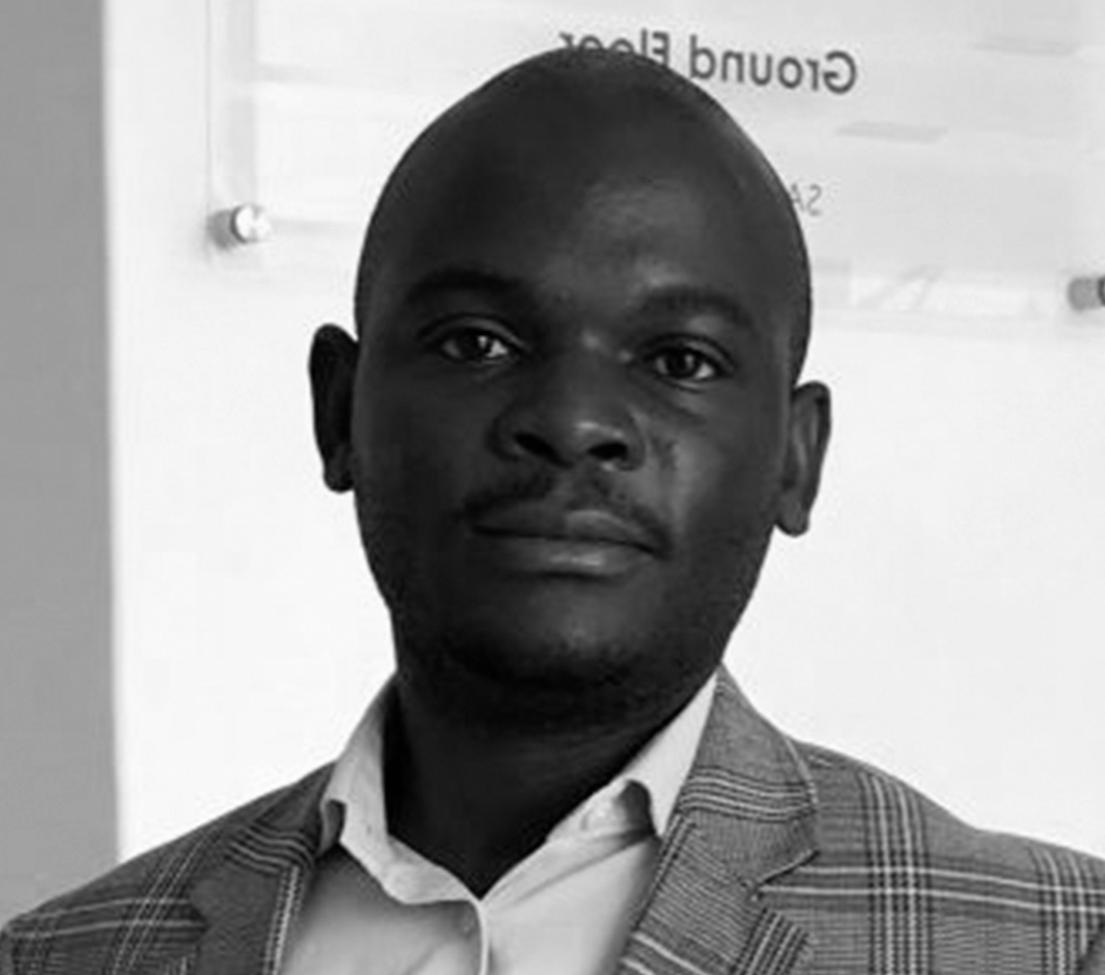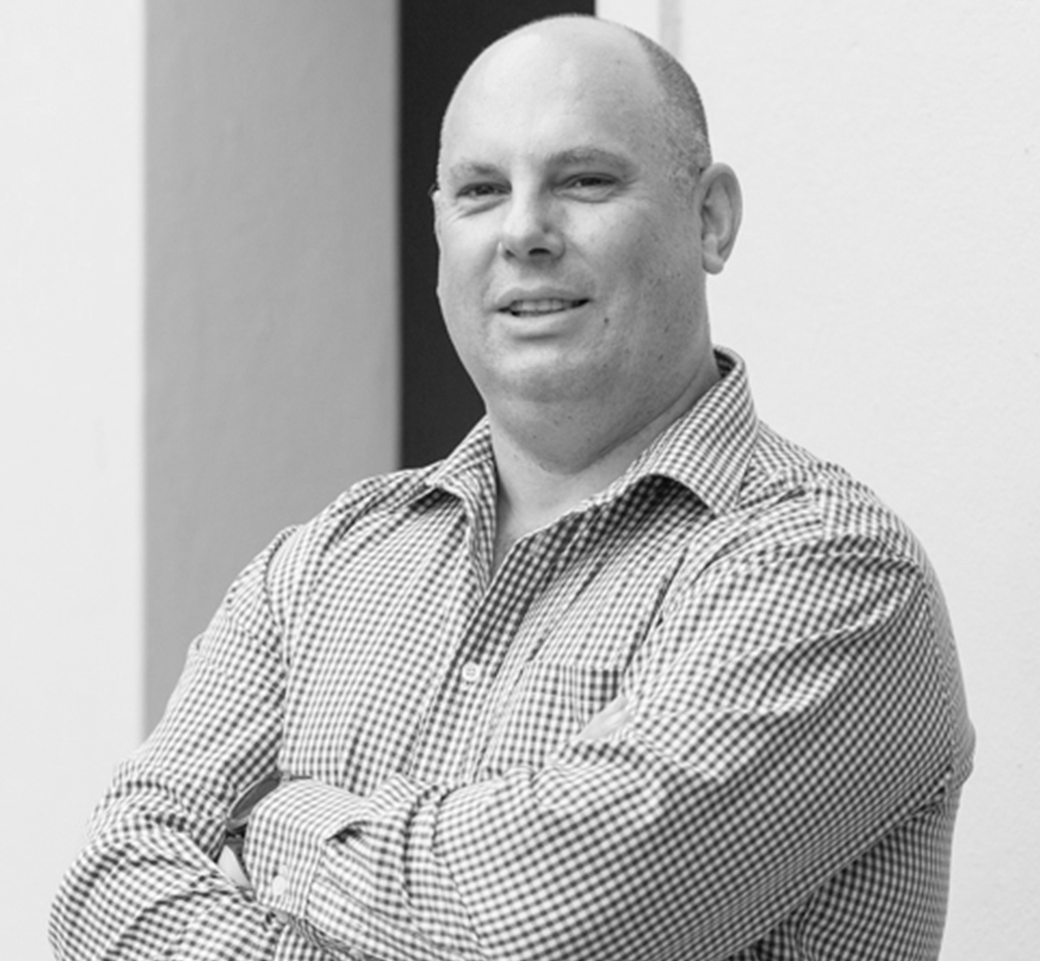In today’s rapidly changing economic landscape, Chief Financial Officers (CFOs) are stepping beyond traditional financial stewardship to become pivotal leaders in navigating volatility. Joe Marizani, Group CFO at O. Davis & Co and Zimbabwe’s 2024 CFO of the Year, exemplifies this evolution. His leadership in the construction and infrastructure sector amidst Zimbabwe’s economic fluctuations offers valuable insights into the modern CFO’s role.
Anchoring Teams Amidst Chaos
Marizani emphasizes the importance of maintaining composure and clarity during turbulent times. He believes that effective leadership involves anchoring teams in purpose and values, enabling them to make informed decisions even when external conditions are uncertain. This approach aligns with the concept of transformational leadership, which focuses on inspiring and motivating teams to exceed expectations, particularly during challenging periods.
Innovation Through Constraints
Resource limitations, often viewed as obstacles, can serve as catalysts for innovation. Marizani’s experience during Zimbabwe’s foreign currency shortages led to creative solutions such as restructuring supplier relationships and integrating risk-sharing into contracts. This perspective is supported by research indicating that resource constraints can drive innovation by compelling organizations to utilize their capabilities more effectively.
Redefining the CFO Role
Modern CFOs are expanding their roles to become strategic partners in innovation. By integrating innovation goals into company growth plans and fostering a culture that supports experimentation, CFOs can drive organizational transformation. This shift requires CFOs to move beyond traditional financial oversight and actively participate in shaping the company’s strategic direction.
Cultivating Ethical Leadership
Integrity and ethical decision-making are central to Marizani’s leadership philosophy. He advocates for transparency and accountability, especially when facing financial, political, or familial pressures. Establishing robust internal controls and promoting ethical behavior throughout the organization are essential practices for CFOs to maintain trust and uphold organizational values.
Fostering a Culture of Excellence
Marizani underscores the importance of visibility and collaboration in leadership. By engaging with teams across all levels and encouraging open communication, CFOs can build a culture that values continuous improvement and collective success. This approach not only enhances team performance but also contributes to the organization’s resilience and adaptability.
Joe Marizani’s leadership journey illustrates the evolving role of CFOs as dynamic leaders who navigate complexity with resilience, innovation, and integrity. By embracing these principles, CFOs can effectively guide their organizations through uncertainty and drive sustainable growth.
Further Reading
- The CFO’s Role in Developing Authentic Cultures and Leaders
- How Can CFOs Rebrand Themselves as Innovation Allies
- The Importance of Integrity in Leadership
- The Art of Leadership: Inspiring Excellence in Teams
Transcript
Guest: Joe Marizani, Group CFO at O. Davis & Co, 2024 Zimbabwe CFO of the Year
Host: Leana van der Merwe, Technical Specialist at CIBA and Content Developer at CFO Club
Leana:
Welcome to another episode of the CFO Club podcast. I’m incredibly excited about today’s session, as we’re joined by one of the continent’s finance leaders shaping the future of business. Please welcome Joe Marizani, Group CFO of O. Davis & Co, the 2024 National CFO of the Year in Zimbabwe, and a proudly designated CFO(SA). Joe, it’s an honour to have you with us today.
Joe:
Thank you, Leana. The pleasure is all mine. It’s great to be here with fellow finance professionals who understand the challenges and resilience that come with leadership, particularly in African markets. I’m really looking forward to this conversation.
Leana:
You’ve led finance in one of the most complex sectors—infrastructure and construction—during both volatile and growth periods. What does real leadership look like in uncertain environments?
Joe:
Leadership in this space isn’t for the faint-hearted. You need to stay calm when chaos hits and make confident decisions when clarity is lacking. In Zimbabwe, we’re constantly dealing with moving targets—economic fluctuations, policy shifts, supply chain issues.
Through it all, I’ve learned that leadership is about keeping your team anchored—anchored in purpose and values. When deciding whether to push forward or pivot, it comes down to sound judgement, reliable data, and listening to your team.
If the numbers support your direction and your team is still aligned with the ‘why,’ you push. If the facts change and pressing on risks your sustainability or integrity, then you pivot—calmly, deliberately, and with intent.
Leana:
Absolutely. Leadership provides the tone and confidence that teams need in times of uncertainty. Joe, you hold the CFO(SA) designation and are an active member of the CFO Club Africa community. From your experience, what do CFOs in South Africa and Zimbabwe get right, and where do we fall short in collaboration, transparency, and impact?
Joe:
Both countries bring something strong to the table. In Zimbabwe, we’ve had to innovate with limited resources. In South Africa, there’s technical depth and robust governance frameworks. But we often operate in silos, and that limits the power of shared wisdom.
We also need more transparency—not just in financial reporting, but in how decisions are made. Most importantly, CFOs need to get out from behind the spreadsheet and step into national development conversations. That’s where our value lies.
Leana:
That’s such a powerful point. It reminds me of a school principal who uses a trolley desk to work in the corridors, visible and available to both students and teachers. Maybe CFOs could benefit from similar visibility—working alongside their teams, in factories or on the ground.
Joe:
Absolutely. Finance leaders need to be visible, not hidden in offices. Collaboration needs to be deliberate. And we must realise we operate in a global village. Platforms like the CFO Club help break down barriers. When CFOs across borders start sharing ideas and best practices, real innovation happens. But we must lead that effort—no one’s going to do it for us.
Leana:
Completely agree. Now, on the topic of innovation—many believe it’s a luxury in developing markets, especially when compliance and operational demands are overwhelming. But you’ve proven otherwise. Can you share a moment when resource constraints became a catalyst for innovation in your finance function?
Joe:
Constraints don’t kill innovation—they fuel it. During Zimbabwe’s foreign currency shortages, we could’ve frozen operations. Instead, we rewrote the rules. We shifted supplier relationships, introduced tech to support local supplier development, and integrated risk-sharing into our contracts.
We didn’t gain more resources—we just used what we had more creatively. That pressure drove innovation, and the result was a stronger, more stable supply chain.
Leana:
That line—”constraints fuel innovation”—is a brilliant mindset shift. What I hear is that the constraint wasn’t a blocker but a trigger for a more agile, responsive way of thinking.
Joe:
Exactly. You must resist paralysis. Challenges push you to think beyond the usual. And the results often outperform anything you’d have done under ‘normal’ conditions.
Leana:
Let’s touch on risk. You’ve said risk should be seen early, not felt late. Beyond dashboards, how do you build early warning systems that truly help leadership sleep at night?
Joe:
We embed risk awareness into the way we work. We go beyond dashboards—we listen to frontline staff, engage in scenario modelling, and connect financial KPIs to operational and reputational indicators.
Most importantly, we’ve created a culture where people feel safe to raise concerns. If your team’s afraid to speak up, risk will always catch you by surprise.
Leana:
That psychological safety is key—often it’s the people on the ground who spot risks before they become spreadsheet problems. So, let’s go deeper into culture. How do you foster that kind of open, transparent culture?
Joe:
It starts with leadership. Today’s environment demands a shift from top-down command to collaborative influence. As leaders, we must create spaces where people feel heard, where they contribute ideas and feel trusted.
When people feel safe, they share early signals—before those signals become costly risks.
Leana:
Let’s get a little uncomfortable. Across Africa, governance is often discussed but not always practiced. As CFO, how do you hold the line when your values are tested by financial, political, or family pressures?
Joe:
Governance gets real when things get hard. My approach is simple—if something can’t withstand board or regulatory scrutiny, it doesn’t belong. I work with legal, audit, and ethics teams to reinforce transparency.
You can’t fight those battles alone, but you must take a stand. Governance isn’t just policy—it’s doing the right thing, even when it’s hard.
Leana:
I remember once being asked to pay for a duplicate vaccination card at an African airport, even though I had proof. It really highlighted how governance—or the lack of it—flows through every layer of society, not just corporate. So thank you for leading by example.
Joe:
That’s exactly it. Good governance is the difference between sleeping peacefully or not. And as CFOs, we are perfectly positioned to be the champions of governance—both in business and beyond.
Leana:
Finally, if you had two minutes to speak directly to every rising CFO across Africa, what would you say?
Joe:
I’d say this:
You might be working with outdated systems. Your team might be stretched. Your confidence may waver. But that doesn’t mean you’re under-resourced—it means you’re resourceful. And that’s your superpower.
The challenges you’re solving today are shaping Africa’s future.
Lead with purpose. Keep learning. Collaborate boldly.
Legacy isn’t built in one big moment—it’s built one principled decision at a time.
Lead not to be remembered, but to make sure what you build is never forgotten.
Leana:
Powerful words, Joe. Thank you so much for your time, honesty, and leadership. Listeners, that’s all for today. Stay tuned for more insightful conversations on the CFO Club podcast.





